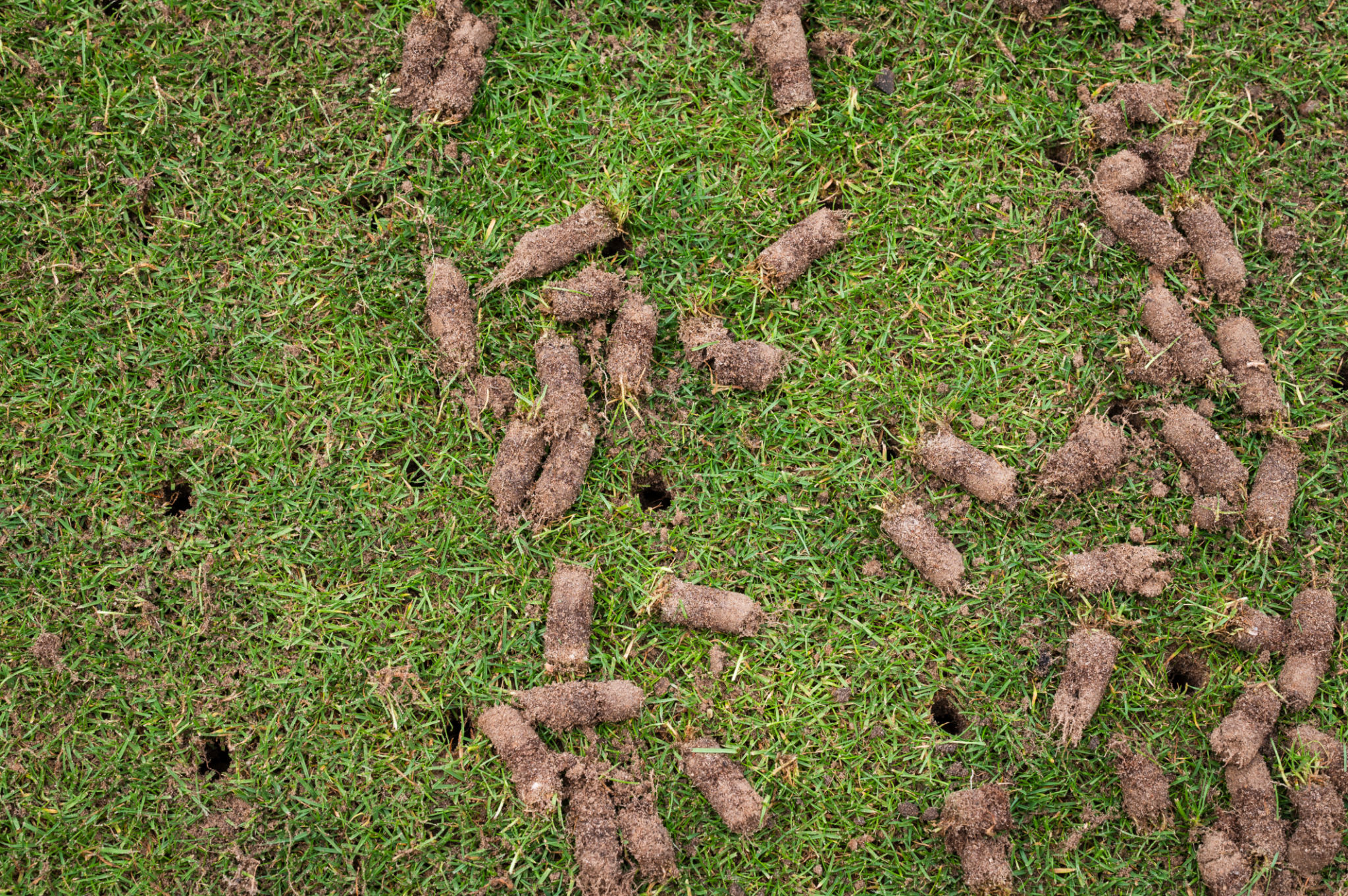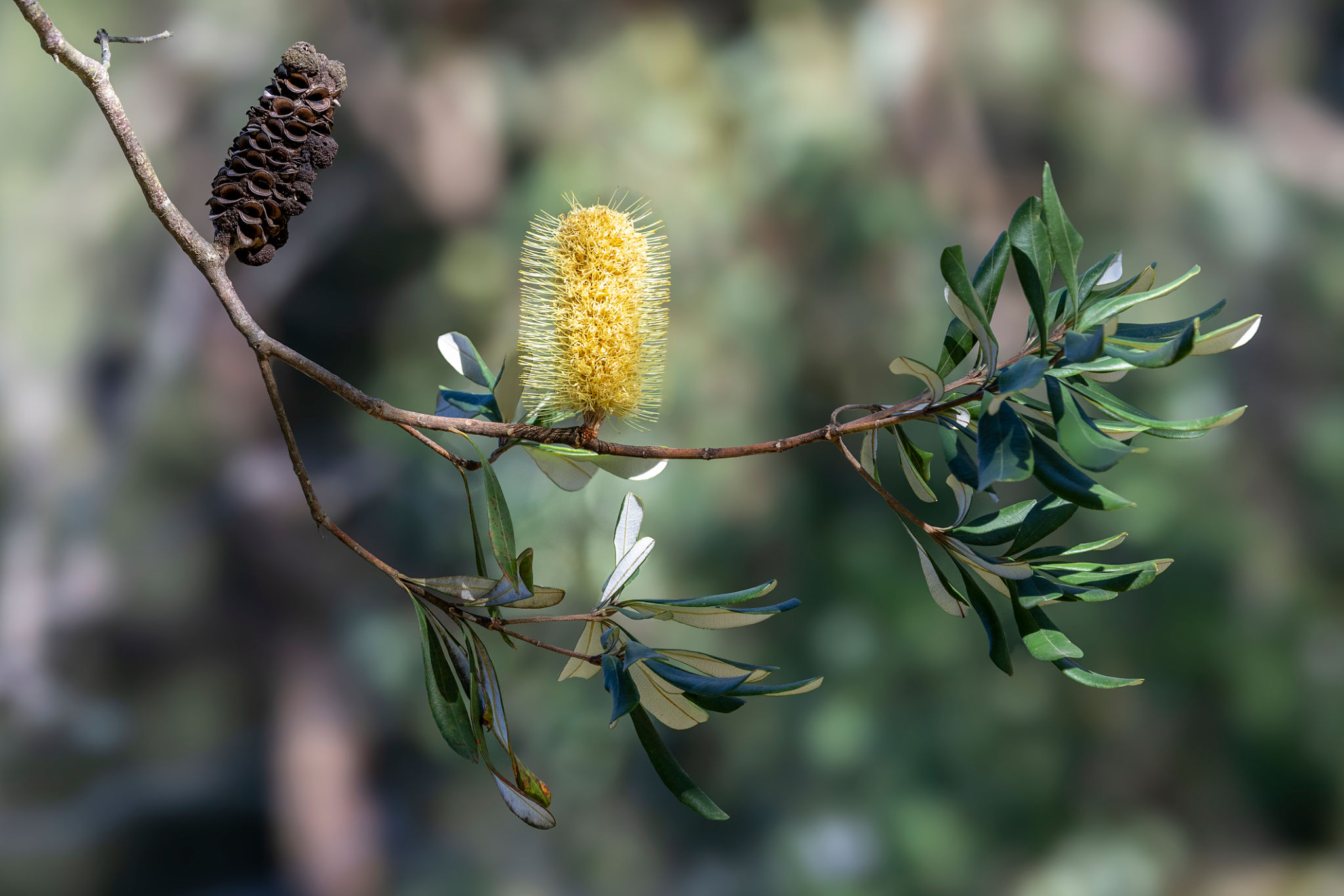Trending Organic Lawn Treatments: Eco-Friendly Options for a Greener Lawn
Why Choose Organic Lawn Treatments?
In recent years, homeowners and gardening enthusiasts have shown a growing interest in maintaining beautiful lawns without harming the environment. Choosing organic lawn treatments not only contributes to a healthier ecosystem but also ensures that your family and pets are safe from harmful chemicals. Organic options provide sustainable solutions that enhance soil health, promote biodiversity, and reduce the carbon footprint.
The shift towards organic treatments is driven by increased awareness about the long-term effects of synthetic fertilizers and pesticides. These chemicals can leach into water supplies and affect non-target organisms, disrupting local ecosystems. By opting for organic methods, you support a cleaner, greener future.

Natural Fertilizers: A Key Component
One of the primary components of organic lawn care is the use of natural fertilizers. These fertilizers are derived from plant, animal, or mineral sources and provide essential nutrients to your lawn without the adverse effects of chemical counterparts. Common options include:
- Compost: Rich in nutrients, compost improves soil structure and water retention.
- Bone meal: A great source of phosphorus, promoting root growth and flowering.
- Blood meal: High in nitrogen, it encourages lush, green growth.
By using these natural fertilizers, you provide your lawn with a slow-release, balanced nutrition that supports long-term health and vitality.

Effective Weed Control Without Chemicals
Weeds can be a persistent problem for lawn enthusiasts, but there are effective organic methods to keep them at bay. Corn gluten meal is a popular pre-emergent herbicide that prevents weed seeds from germinating without harming your grass. For post-emergence control, options like vinegar-based sprays or manual removal can help maintain a pristine lawn.
Additionally, maintaining a dense and healthy lawn naturally suppresses weed growth by limiting the space available for weeds to thrive. Proper mowing techniques and overseeding can further enhance this effect, creating a robust defense against unwanted plants.

Pest Management: Going Green
Pests can wreak havoc on your lawn, but chemical pesticides aren't the only solution. Organic pest management strategies focus on prevention and natural deterrents. Beneficial insects like ladybugs and nematodes can reduce pest populations without harming the environment.
Introducing diverse plant species in and around your lawn can also attract natural predators that keep pest numbers in check. Neem oil and diatomaceous earth are effective organic treatments that deter pests while being safe for humans and pets.

The Benefits of Aeration and Dethatching
Aeration and dethatching are essential practices in organic lawn care that improve soil health and promote vigorous grass growth. Aeration involves perforating the soil to allow air, water, and nutrients to penetrate deeper into the root zone. This process reduces soil compaction and enhances root development.
Dethatching removes the layer of dead grass and debris that can accumulate on the soil surface, improving air circulation and water absorption. Regular aeration and dethatching help create an optimal environment for healthy grass growth, minimizing the need for chemical interventions.

Watering Wisely for Sustainability
Watering is a critical component of maintaining a healthy lawn, but doing it wisely can conserve resources and promote deeper root growth. Opt for deep, infrequent watering rather than shallow daily watering to encourage roots to grow downward in search of moisture.
Utilize rainwater collection systems or drip irrigation to further reduce water usage. Timing your watering early in the morning or late in the afternoon minimizes evaporation losses, ensuring efficient use of water resources.

The Role of Native Plants
Incorporating native plants into your landscape is an excellent way to enhance biodiversity and reduce maintenance efforts. Native plants are adapted to local conditions and typically require less water, fertilizers, and pest control compared to non-native species.
By choosing native grasses and companion plants, you support local wildlife and create a more resilient ecosystem within your lawn. This approach not only benefits the environment but also adds unique beauty and character to your outdoor space.

Embracing a Greener Future
The trend towards organic lawn treatments is more than just a passing fad; it’s a commitment to sustainability and environmental stewardship. By choosing eco-friendly options, you contribute to a healthier planet while enjoying a lush, vibrant lawn.
Embracing these practices not only benefits your immediate surroundings but also sets an example for others to follow. As more people adopt organic lawn care methods, we move closer to achieving a greener future for generations to come.